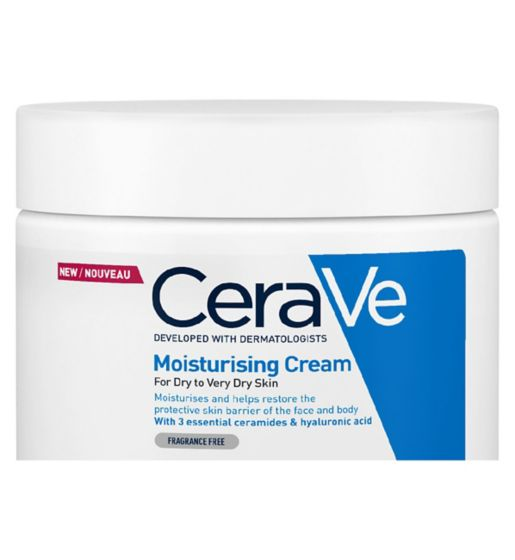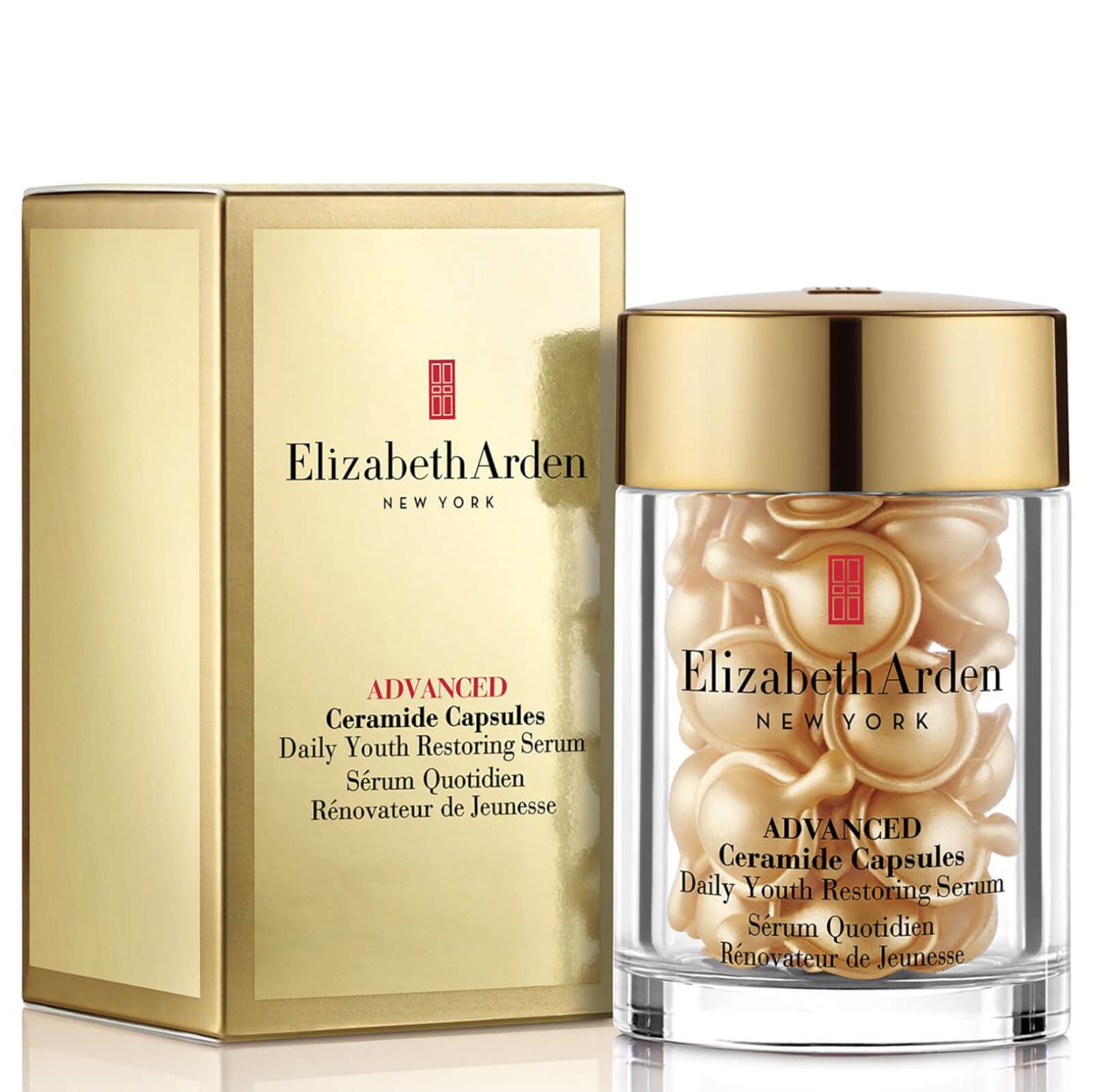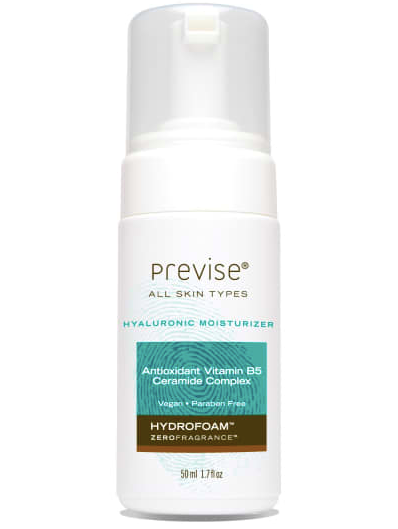
Beauty buzzwords are thrown around all the time; it can be hard to keep up and to know what’s worth exploring further. We’re here to break down the industry’s latest obsession by tackling the science, talking to skincare and makeup pros, and getting real about what works and what doesn’t.
We’re seeing a lot of chat about skincare filled to bursting with ceramides, but just what are they, and why are they so beneficial?
Let’s break it down…

“Ceramides are one of the components – alongside cholesterol and free fatty acids – that hold the skin barrier together,” says Carl Thornfeldt, dermatologist and founder of Epionce skincare, something dermatologist Dr. Justine Hextall, on behalf of the Harley Medical Group, expands on.
“Ceramides are the major lipid or fat constituents present in between skin cells,” she says. “If this structure is strong and healthy, then the skin barrier is more effective, for example, at retaining water.”
Think of them as scaffolding between skin cells. Human skin actually produces ceramides naturally, but no thanks to excessive dryness, environmental factors and growing older, the levels need replenishing. When ceramide reserves are running low, skin becomes dry, inflamed, itchy and irritated, which can lead to skin conditions such as atopic dermatitis or eczema.

“Ceramides restore skin water permeability (basically moisture in the skin) as well as barrier function,” explains Dr. Hextall. “Recent studies have suggested that low skin ceramide levels is a major factor in skin diseases, such as in atopic dermatitis, so ceramides in skincare products can help replace lipids that have been lost,” she adds. “The role of ceramides is crucial here, as not only do they hydrate and calm the skin but, as they are part of the skin barrier, they start to repair it.”
Persistently rough, cracked, sore skin? They’re a key ingredient for eczema sufferers, too.
“Barrier function plays a significant role in the cause of eczema,” says Dr. Hextall, “so repairing the skin barrier is crucial to reduce skin flares.”

“There is considerable scientific literature (spanning the past two decades) describing their critical role in the maintenance of an effective skin barrier function,” explains Dr. Christopher Hensby, expert for CeraVe.
“We know that ceramides are extremely effective at treating dermatitis-prone skin,” adds Dr. Hextall. “As we can see from many studies, if ceramides are applied particularly in combination with other lipids, eg. cholesterol and free fatty acids in a combination similar to that found in the skin barrier, this further enhances barrier repair. In fact, I always suggest my patients look for ceramides in skin creams.”
This is something Dr. Thornfeldt seconds: “For the skin to be healthy, it needs more than just ‘moisturisation’,” he says. “The skin barrier should be healthy and intact.” And ceramides are more or less the cement that keeps it together.
While prescription emollient creams such as Diprobase and Dermol are often effective at minimising the symptoms of dry skin conditions, they are less likely to restore the skin’s barrier than a moisturiser that harnesses ceramides. In fact, scientists have discovered that ceramides 1, 3 and 6-11 (often lacking in skin that is prone to eczema and dermatitis) help repair the skin’s barrier in particular.

CeraVe Moisturising Cream, $, available at Boots

Epionce Renewal Calming Cream, $, available at skin city

Elizabeth Arden Ceramide Capsules Advanced, $, available at LookFantastic

Previse Hydrofoam Rejuvenating Hyaluronic Moisturizer, $, available at wolf and badger

Summer Fridays Jet Lag Mask, $, available at Cult Beauty

La Roche-Posay Effaclar H Moisturiser, $, available at La Roche-Posay

The Ordinary Natural Moisturizing Factors + HA, $, available at Cult Beauty
Like what you see? How about some more R29 goodness, right here?
Beauty Editor-Approved Skincare Products Under £12